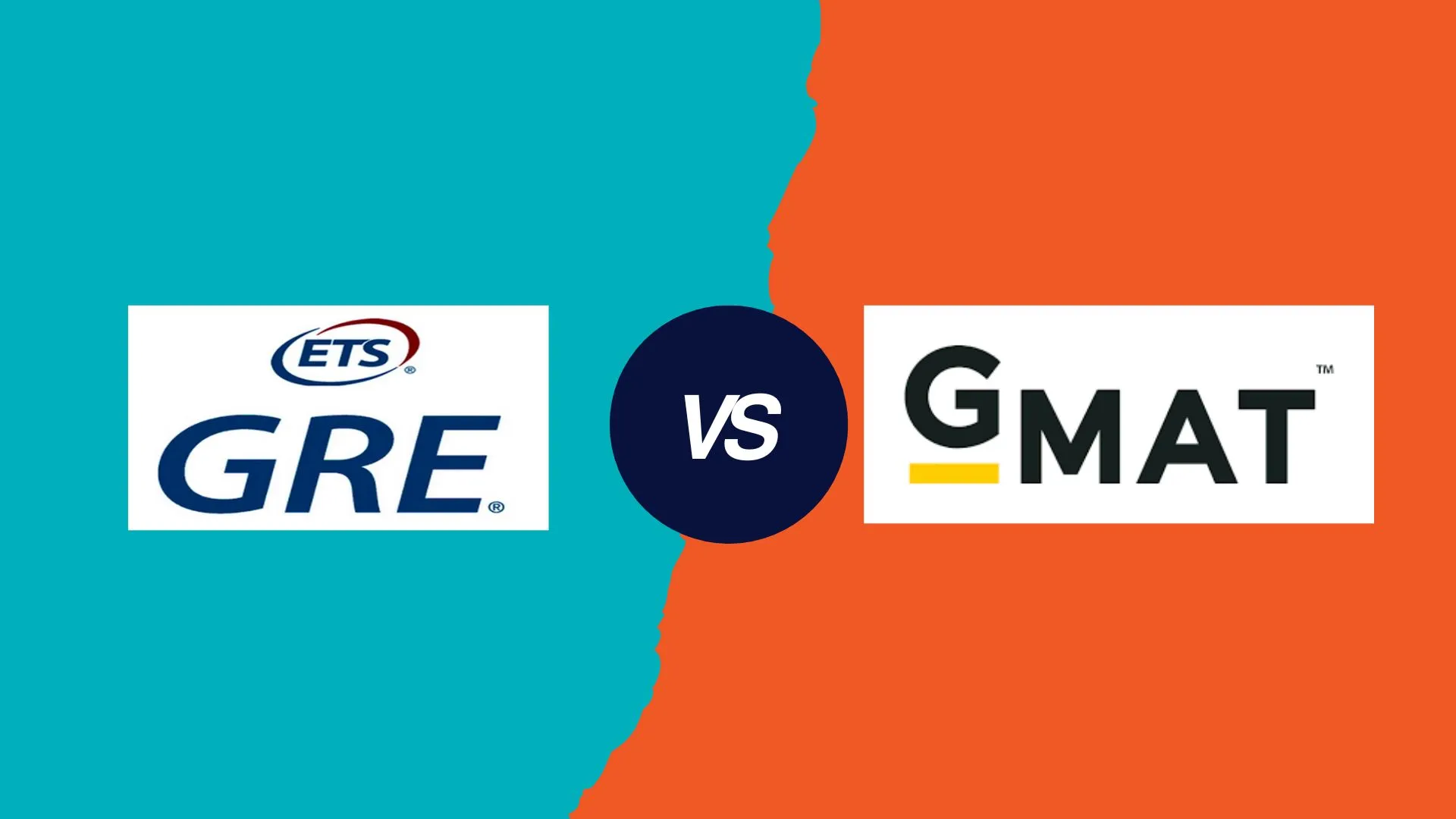GMAT vs GRE for MBA Admissions Which One is Better
Discover top MBA programs worldwide with MBAEduAcademy.com. We provide in-depth insights into prestigious MBA schools, comprehensive course details, and expert guidance on application requirements to help you achieve your business education goals.

When considering an MBA, one of the first challenges is deciding whether to take the GMAT (Graduate Management Admission Test) or the GRE (Graduate Record Examination). Both exams are accepted by top business schools worldwide, but they have different structures, scoring systems, and benefits. Choosing the right test can significantly impact your MBA application, so understanding the differences is crucial.
Exam Structure and Format Breakdown of GMAT and GRE
Both exams evaluate verbal reasoning, quantitative skills, analytical writing, and critical thinking. However, the structure and emphasis differ.
GMAT Test Structure and What to Expect
- Analytical Writing Assessment (AWA): One 30-minute essay
- Integrated Reasoning (IR): 12 questions in 30 minutes
- Quantitative Section: 31 questions in 62 minutes (focus on data sufficiency and problem-solving)
- Verbal Section: 36 questions in 65 minutes (focus on reading comprehension, sentence correction, and critical reasoning)
- Total Score Range: 200-800
- Time Required: About 3.5 hours
- Analytical Writing: Two essays in 60 minutes
- Verbal Reasoning: Two sections, 20 questions each, 30 minutes per section (focus on vocabulary and reading comprehension)
- Quantitative Reasoning: Two sections, 20 questions each, 35 minutes per section (focus on standard math concepts)
- Total Score Range: Verbal and Quantitative sections are scored 130-170 each
- Time Required: About 3 hours and 45 minutes
GMAT Strengths and Weaknesses for MBA Applicants
Best for: Business-focused candidates with strong logical reasoning and problem-solving skills. Pros:
- Designed specifically for business schools
- Higher emphasis on data interpretation and business-related math
- Accepted by almost every MBA program Cons:
- The Quantitative section is more challenging
- Integrated Reasoning section adds complexity
Best for: Applicants considering multiple graduate programs outside of business schools. Pros:
- More widely accepted across various disciplines
- Easier Quantitative section for those not strong in math
- Allows score section selection (only send best scores) Cons:
- Heavy focus on vocabulary in the Verbal section
- Not all MBA programs prefer GRE over GMAT
Choosing the right study material can make a huge difference in your test scores. Here are some top-rated options for both exams:
Best GMAT Prep Courses and Books for High Scores
- Manhattan Prep GMAT Complete Set - Price: Around $150
- Best for: Comprehensive content with real practice problems
- Features: Six full-length practice tests, strategy guides
- GMAT Official Guide 2024 by GMAC - Price: Around $45
- Best for: Official test questions straight from GMAC
- Features: Online question bank, detailed explanations
- Target Test Prep GMAT Course - Subscription-based ($99 per month)
- Best for: Intensive Quantitative section training
- Features: More than 3,000 practice questions, personalized study plans
- ETS Official GRE Guide - Price: Around $40
- Best for: Authentic test questions directly from ETS
- Features: Full-length practice tests, online resources
- Magoosh GRE Prep Course - Subscription-based ($149 for 6 months)
- Best for: Affordable online video lessons
- Features: 1,200+ practice questions, mobile-friendly platform
- Kaplan GRE Prep Plus - Price: Around $50
- Best for: A mix of strategy and practice
- Features: Five full-length tests, customizable study plans
The choice between GMAT and GRE should be based on personal strengths and long-term career plans. Here are some scenarios to help you decide:
- If you are applying exclusively to business schools, GMAT is the better choice. It aligns more closely with business school expectations and is preferred by most MBA programs.
- If you are applying to multiple graduate programs beyond business, GRE provides flexibility. It is accepted by business schools, law schools, and other graduate programs.
- If you are stronger in math and logic, the GMAT plays to your strengths. The emphasis on problem-solving and data interpretation makes it a better fit for analytically inclined students.
- If verbal skills are your strength, GRE may be a better option. The Verbal section relies more on vocabulary and comprehension, which may favor strong readers.
Understanding the cost differences and testing logistics can also help in making a decision.
GMAT Test Fees and Additional Costs
- Base Registration Fee: $275
- Rescheduling Fee: $55 - $150 depending on notice period
- Additional Score Report Fee: $35 per school
- Retake Policy: Can be taken once every 16 days, up to five times per year
- Base Registration Fee: $220
- Rescheduling Fee: $50
- Additional Score Report Fee: $27 per school
- Retake Policy: Can be taken once every 21 days, up to five times per year
Ultimately, choosing between the GMAT and GRE depends on your strengths, application goals, and preferred testing format. Some MBA programs may explicitly state a preference, while others accept both equally. Research the requirements of your target schools, take diagnostic tests for each exam, and pick the test where you can achieve the highest score. A strong score on either test can improve your MBA admissions chances, so choosing wisely is key to success.
:max_bytes(150000):strip_icc()/277019-baked-pork-chops-with-cream-of-mushroom-soup-DDMFS-beauty-4x3-BG-7505-5762b731cf30447d9cbbbbbf387beafa.jpg)





